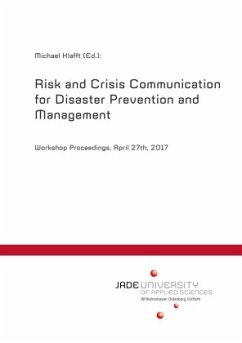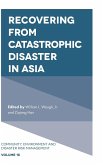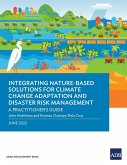Communication is a decisive factor to protect citizens from disasters. In order to discuss different aspects of risk and crisis communication and their role in disaster prevention and management, a workshop on this topic was held at Jade University of Applied Sciences on April 27th, 2017 in Wilhelmshaven, Germany. The papers presented here summarize the contributions of this workshop.
Tomas Odén writes about the public's views on media reporting in crisis situations, and discusses how changes in media markets may impact the ability of local news media to fulfil their task to provide the public with adequate information on crises. Frank Fuchs-Kittowski discusses how mobile augmented reality can be used to improve risk and crisis communication in disaster management. His analyses cover possible use cases, as well as technological requirements.
Christian Reuter, Marc-André Kaufhold, Inken Leopold, and Hanna Knipp analyse the potential of mobile warning apps, and how three already existing warning apps (only partially) exploit this potential.
Kerstin Dressel and Patricia Pfeil focus on socio-cultural factors of risk and crisis communication. In their first contribution, the authors analyse why people react differently to disasters. In their second contribution, they discuss how this affects civil protection agencies and their communication with the public.
Finally, Klafft and Meissen look into the issue of risk communication via navigation systems, and outline three different concepts how to present route changes to the driver that are based on potentially inaccurate sever weather forecasts.
Tomas Odén writes about the public's views on media reporting in crisis situations, and discusses how changes in media markets may impact the ability of local news media to fulfil their task to provide the public with adequate information on crises. Frank Fuchs-Kittowski discusses how mobile augmented reality can be used to improve risk and crisis communication in disaster management. His analyses cover possible use cases, as well as technological requirements.
Christian Reuter, Marc-André Kaufhold, Inken Leopold, and Hanna Knipp analyse the potential of mobile warning apps, and how three already existing warning apps (only partially) exploit this potential.
Kerstin Dressel and Patricia Pfeil focus on socio-cultural factors of risk and crisis communication. In their first contribution, the authors analyse why people react differently to disasters. In their second contribution, they discuss how this affects civil protection agencies and their communication with the public.
Finally, Klafft and Meissen look into the issue of risk communication via navigation systems, and outline three different concepts how to present route changes to the driver that are based on potentially inaccurate sever weather forecasts.








